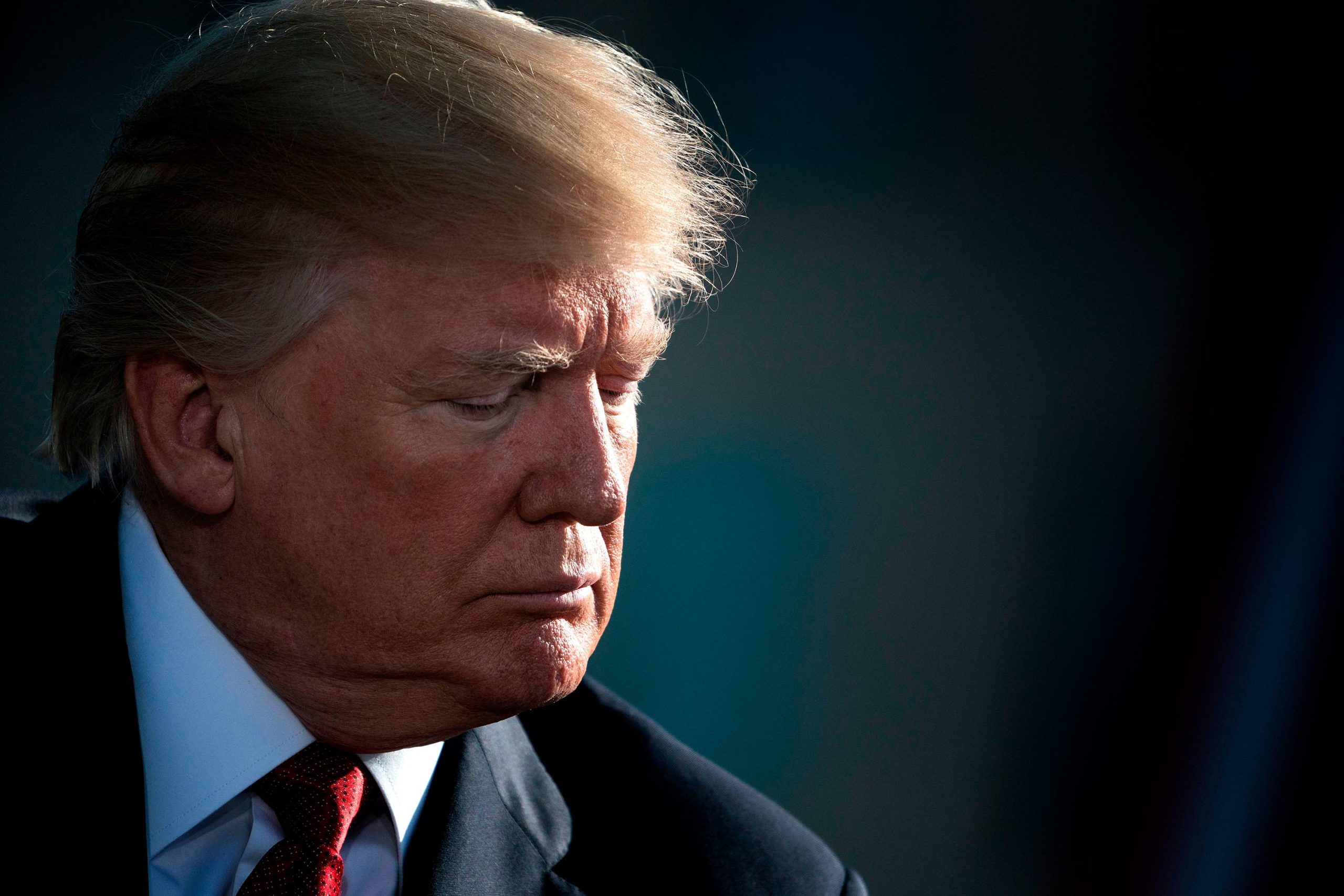Donald Trump’s political success is largely driven by his exceptional ability to dominate the media. Even without raising significant campaign funds, Trump manages to maintain a constant presence, whether it’s through large rallies, appearances on high-profile podcasts like Joe Rogan’s, or spontaneous moments in everyday life, such as a drive-thru.
His widespread visibility comes from his established fame as a businessman and television personality, ensuring that he doesn’t require traditional campaign spending to engage with voters.
Despite his dominance in media, money still plays a crucial role in modern campaigns, particularly in mobilizing voters. While Trump’s name recognition makes him a powerful figure, the 2020 and 2022 elections demonstrated that financial resources are key for things like mail-in ballots and early voting efforts.
In 2024, Republicans shifted their approach, embracing early voting and working to catch up to the Democrats’ effective use of campaign funds. This shows that even a media-savvy candidate like Trump needs funding to ensure voter turnout.
Though Trump may not have raised as much money as other candidates, he more than made up for it with his ability to attract influential people and dominate public attention. His campaign was supported by prominent billionaires, political operatives, and online influencers, helping him to secure 312 electoral votes.

Beyond the numbers, Trump’s campaign sparked a political realignment, as Latino voters, Black voters, and religious groups shifted away from the Democratic Party, signaling broader changes in the electorate.
Looking ahead, the Republican Party could face financial challenges once Trump is no longer a central figure. While his unique appeal has drawn substantial resources, future campaigns may not be able to generate the same level of funding, especially as corporate America increasingly aligns with Democratic causes.
With the Democrats commanding much of Hollywood and elite wealth, Republicans will need to find new, reliable sources of campaign funding in order to remain competitive in future elections.
The GOP’s ability to secure small-dollar donations will be even more important moving forward. As the party evolves to represent a broader working-class base, it will need to cultivate grassroots support and inspire ordinary people to contribute.
Campaigns won’t succeed based on viral ideas or catchy memes alone; instead, Republicans will need to invest in critical aspects like voter registration and mobilization to ensure they translate support into actual votes.
To remain effective in the years to come, the Republican Party must adapt its campaign strategies to modern challenges. With Democrats outspending them, Republicans must focus on efficiently using their resources. Rather than spending money on traditional campaign materials like yard signs or generic consultants, Republicans should focus on voter outreach, registration drives, and get-out-the-vote efforts.
By streamlining their approach and prioritizing impactful spending, the GOP can maintain electoral success, even as the party transitions beyond Trump’s leadership.


